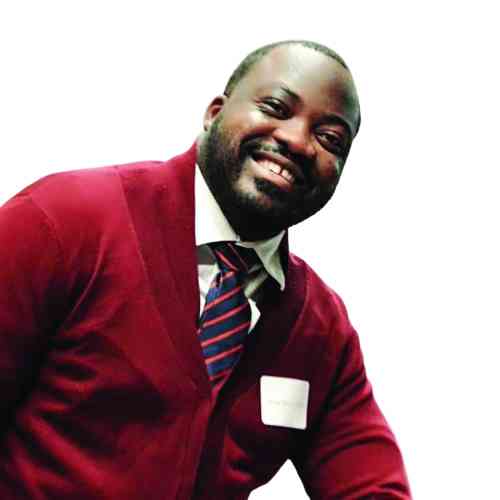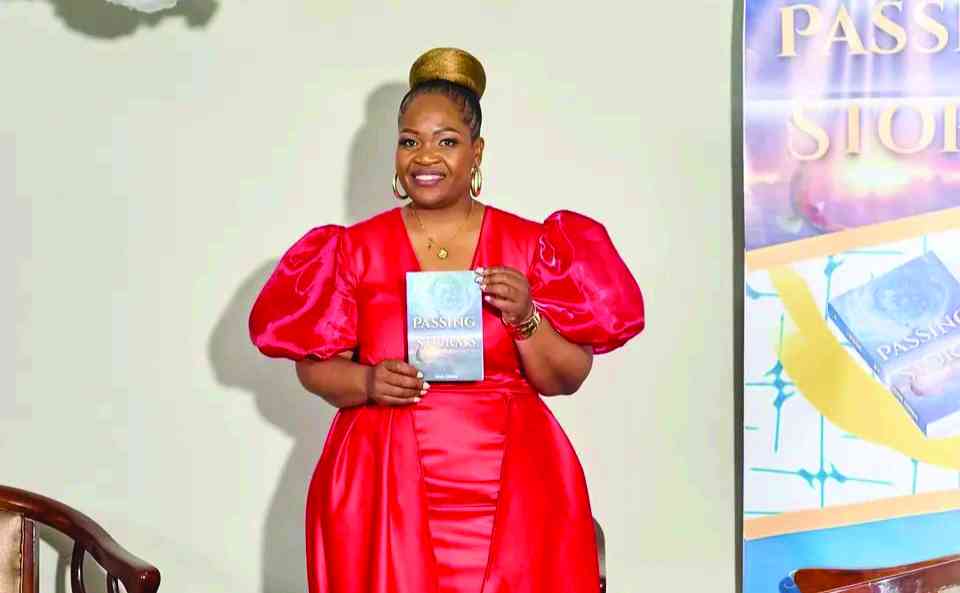
United States-based author Shingi Mavima is set to launch his book titled the leak on February 9.
“The story of “The Leak” is the story of our times. While traditional mainstream stories have aspired to highlight a black and white idea of justice and redemption, reality is often a bit more complicated than that the good guys do not always win, the bad guy does not always get what is coming to him. Although the idea was conceived earlier, I wrote this story, for the most part, during lockdown and the height of the pandemic. In many ways, the story reflects the drudgery and bleakness of a seemingly unending abyss of uncertainty,” said Mavima in an interview with the Standard Style.
Mavima added that the biggest challenges are in capturing the specificities of realities that he never experienced so that they can be realistic.
“For instance, I remember having to send a WhatsApp message to my group of friends inquiring how, if somebody died away from home, and there is no private transport to repatriate the body, could you put the body on the bus? These are things I have been fortunate enough not to encounter in real life, but it is something you can mischaracterise in your story and you lose all credibility among those who know how it really works,” said Mavima.
Mavima said he was greatly influenced by the writings of Ngugi Wa Thiong’o.
“Since laying my hands on his work back in high school, not a year goes by that I do not reread his novels. I also feast heavily on the table set by Zimbabwean authors, writers like Mordecai Hamutyinei, Patrick Chakaipa, Edward Kaugare, with the Shona novels Kukurukura Hunge Wapotswa, Maidei, and Feso. Waiting for the Rain (Charles Mungoshi), Bones (Chenjerai Hove) and Nervous Conditions (Tsitsi Dangarembga) rank among the best works I’ve ever read as well as contemporary authors like Cynthia Marangwanda, Noviolet Bulawayo, and Novuyo Tshuma,”he said.
Mavima explained his approach to handling criticism and rejection “firstly is to be able to discern between the destructive and constructive criticism; the haters and those that just want better for you and the craft. Hold on to the constructive, and dismiss the hate; it says more about them than it does about you. Secondly, evaluate the frequency and source of criticism.
"If one out of 10 people says you’re terrible, you’re scoring at 90%, which is pretty good, said Mavima’’.
- Byo author eyes SA award
- I don’t have depth: Bosso coach
- Airports Company strikes mega hotel deal
- Travelling & touring: Gandavaroyi Falls: Tourism’s hanging fruit
Keep Reading
Besides being an author, Mavima is a college professor in Toledo, Ohio where he teaches African history, with his scholarship focusing on colonial and postcolonial Southern Africa, as well as literature and popular culture.
He is also co-founder and director of Clubhouse International, a non-profit organisation that works with primary school students in Dangamvura, Mutare, to provide scholarships and mentorship programs, and to coordinate community service events.
Artistically, he identifies himself as a poet, before Pashena, his two publications were both poetry anthologies.










